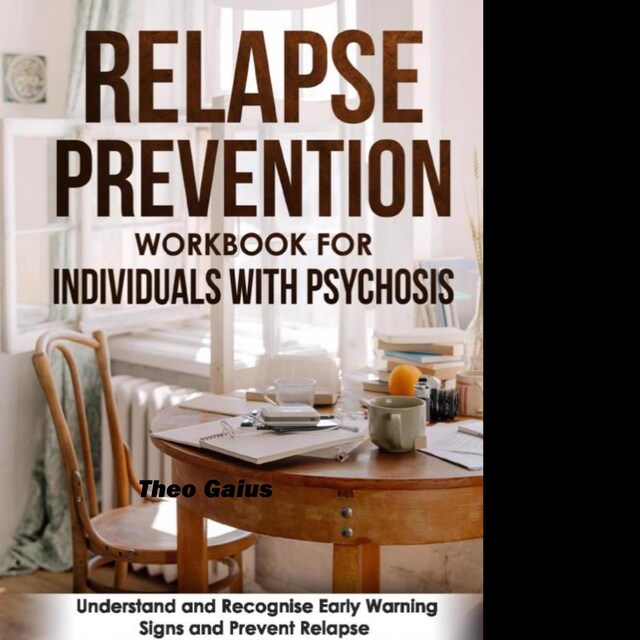
Relapse Prevention Workbook for Individuals with Psychosis
Beskrivelse av boken
Around 50-70% of people with the first episode of psychosis relapse within two years of recovery. Relapse can have social and financial implications on the lives of individuals and their families. It can also have a significant adverse effect on self-esteem and may increase self-stigma. Therefore managing and minimizing relapse is an essential component in the treatment of people experiencing or recovery from psychosis.
The Relapse Prevention Workbook for Individuals with Psychosis is designed to help individuals develop a person-centered plan to help them recognize relapse signs and take full responsibility for their health and well-being. It involves learning more about oneself, understanding and reflecting on past experiences, developing skills to recognize signs of relapse, and finally putting together an action plan to prevent and manage relapse.
The idea behind self-management plans emanates from the principle that learning about oneself and developing a plan to prevent relapse will increase self-confidence, thereby giving the individual more personal control of their mental health well-being.
The overall treatment goal in psychosis management is to improve the individual functional capacity by focusing on social and vocational functioning. An effective relapse prevention plan will recognize and harness individual strengths and weaknesses to maintain social and occupational functioning.
The workbook is in two parts. The first part guides the user in preparing a person-centered relapse prevention plan. The second part discusses psychosis, treatment options, challenges, and self management tips, including how to support individuals experiencing or recovery from psychosis.


